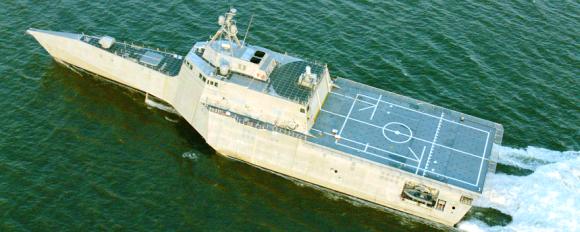 The Department of Justice and the Securities and Exchange Commission (SEC) have charged three current or ex-Austal USA executives with accounting fraud in the construction of Independence-class Littoral Combat Ships (LCS).
The Department of Justice and the Securities and Exchange Commission (SEC) have charged three current or ex-Austal USA executives with accounting fraud in the construction of Independence-class Littoral Combat Ships (LCS).
A grand jury issued indictments against Craig Perciavalle, who was the shipbuilder’s president until he resigned in 2021 amid investigations by multiple agencies; Joseph Runkel, the company’s director of financial analysis; and William Adams, the former LCS program director. Craig Perciavalle, who became the GM/VP of Fincantieri Bay Shipbuilding in Nov. 2021, has now been suspended by Fincantieri. Runkel was fired from Austal USA after the indictment was announced. Adams left Austal USA in 2021.

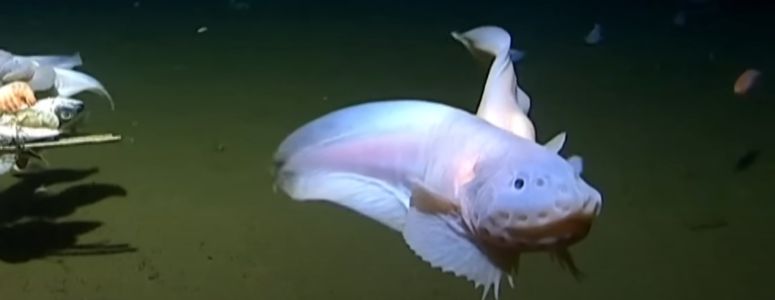 A team of Australian and Japanese scientists succeeded in capturing on camera
A team of Australian and Japanese scientists succeeded in capturing on camera 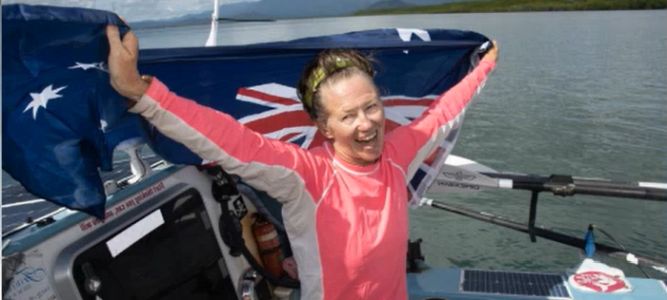 Australian
Australian 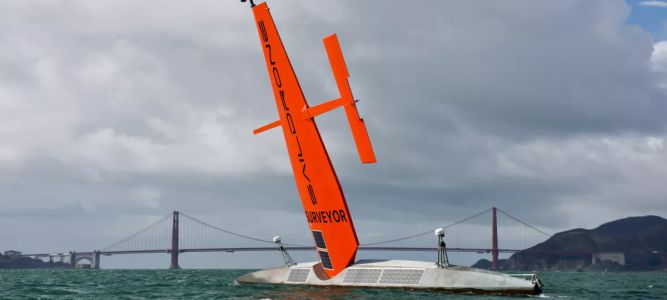 Two years ago,
Two years ago, 
 News of two captive orcas.
News of two captive orcas.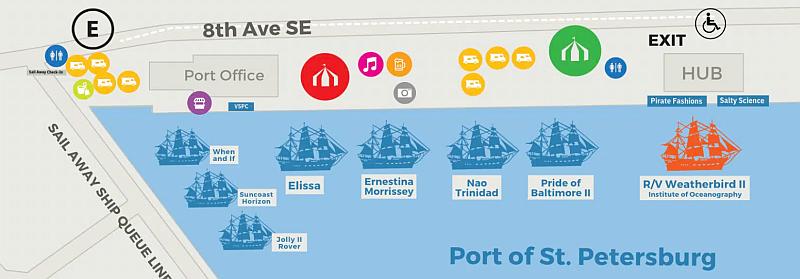 The city of St. Petersburg, FL is hosting
The city of St. Petersburg, FL is hosting 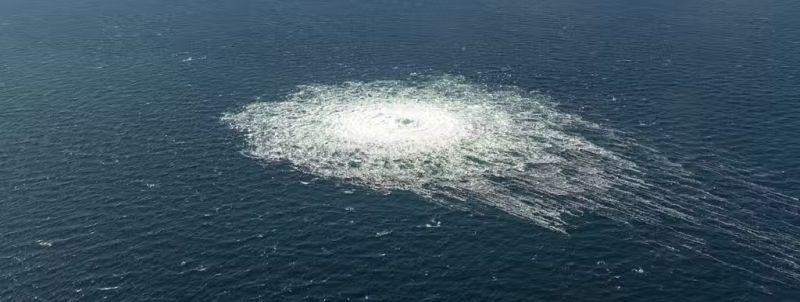 On September 26, 2022, a
On September 26, 2022, a 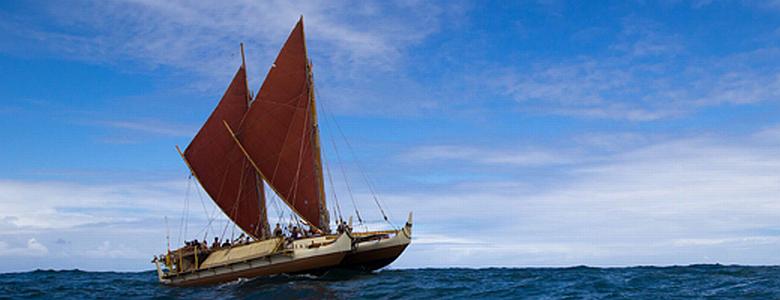 In June 2016, I had the pleasure of visiting Hōkūleʻa, a Polynesian double-hulled voyaging canoe,
In June 2016, I had the pleasure of visiting Hōkūleʻa, a Polynesian double-hulled voyaging canoe, 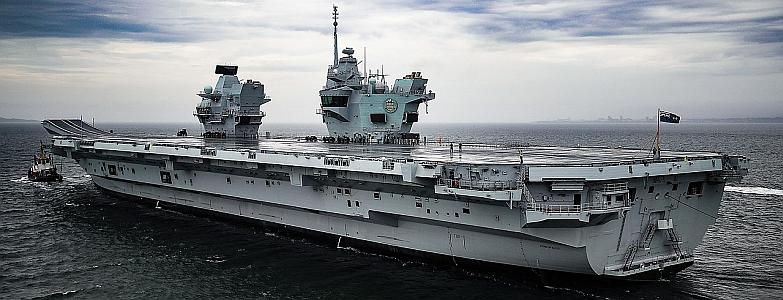 Late in August 2022, the Royal Navy’s newest aircraft carrier,
Late in August 2022, the Royal Navy’s newest aircraft carrier, 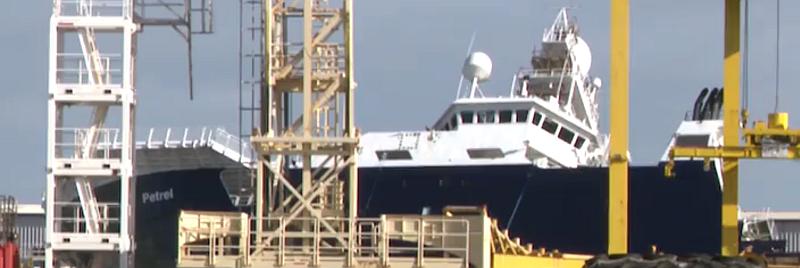 Yesterday, the research vessel
Yesterday, the research vessel  March is Women’s History Month, so it seems appropriate to remember the life and accomplishments of
March is Women’s History Month, so it seems appropriate to remember the life and accomplishments of 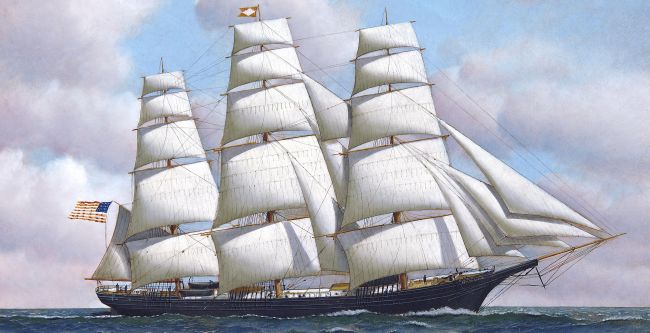 In honor of Women’s History Month, it is worthwhile remembering
In honor of Women’s History Month, it is worthwhile remembering  In recent years
In recent years